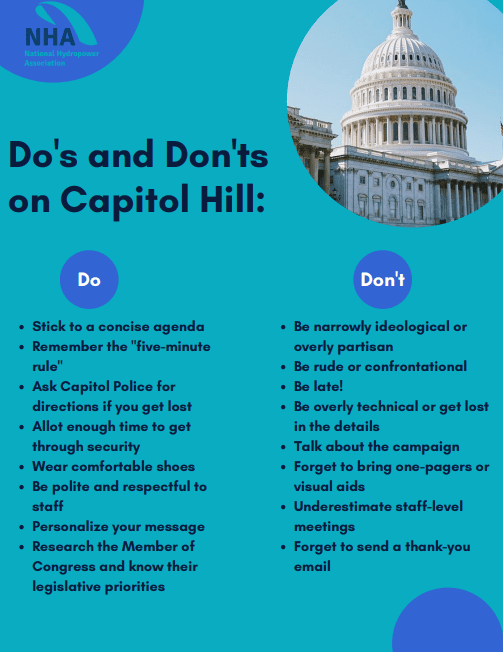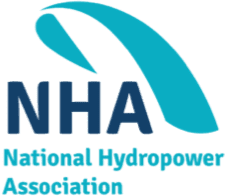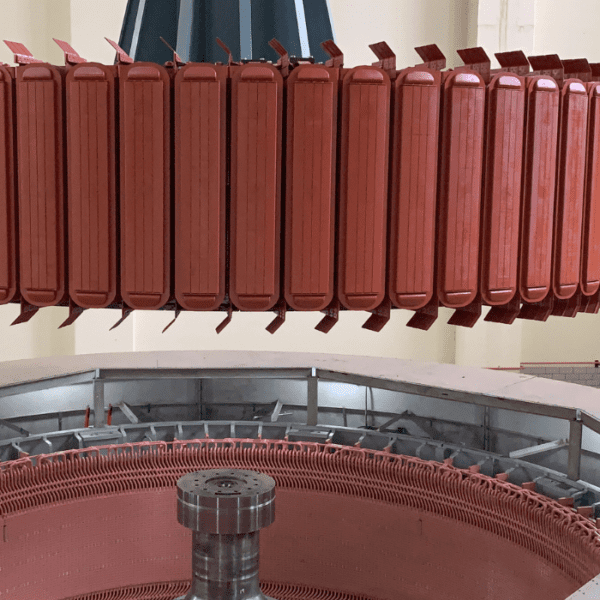Do you want to lessen the amount of time it takes to relicense your hydropower project? Could you benefit from tax credits (or direct pay) for investments to rehabilitate existing hydropower? How about securing increased funding for marine energy technology research and development?
These are changes that all of us working in various sectors of the water power industry want and need. To make any of these changes happen requires legislative action.
Contrary to popular belief, affecting policy change can be as simple as making a telephone call to your legislators. In fact, advocacy is a critical tool constituents can use to educate lawmakers and elevate their voices; the ability of the “average citizen” to shape policy in Washington, D.C. should not be underestimated.
Advocating for your cause is important; it is our job as citizens to elevate our voices to Congress, because if legislators are unaware of an issue, it cannot be addressed.

MARCH 13: MAKING LEGISLATORS AWARE OF WATERPOWER
The National Hydropower Association (NHA) is declaring March 13, 2024, as Hydro Advocacy Day, and is asking anyone working in the water power industry to take time that day to visit the offices of their legislators in both the U.S. House of Representatives and the U.S. Senate. The intent is to make policy makers aware of hydropower in all its forms and to advance important water power priorities.
The March 13 Advocacy Day takes place during NHA’s annual national policy conference Waterpower Week in Washington, D.C. (March 12 – 15). For details about how to participate in Advocacy Day, click HERE.
Visiting a Congressional office may sound intimidating, but it doesn’t have to be! As a previous staffer on Capitol Hill, I’ve had extensive experience meeting and interacting with constituents, and I have learned some important advocacy strategies along the way.
This article contains my top tactics to ensure that you maximize your time with Congressional offices and make your meetings with policymakers a fruitful and beneficial experience.
8 TIPS FOR EFFECTIVE MEETINGS WITH LAWMAKERS
1. Target Your U.S. Representative and Senators
Every American has one U.S. Representative and two U.S. Senators responsible for representing their views in Congress. If you are a constituent (meaning you work or reside in their district or state), these lawmakers’ offices will be open to meeting with you. Therefore, it is important to direct all communication toward the elected officials that represent you.
You can find your Representative here and Senators here.
For March 13 Hydro Advocacy Day, NHA is scheduling all Capitol Hill meetings for you. Click HERE to learn how this scheduling will work.
2. Prepare for the Meeting
Before meeting with your elected officials’ offices, you should educate yourself on the Member and his or her interests. Take time to read his or her biography and study his or her legislative initiatives and Committee assignments, which can be found on his or her individual website. This preparation will help you frame the issue in a way that will grab the Congressional member’s attention.
Also, look for any commonalities you may have with your Representative or Senator (high school, military, etc.) — personal connections go a long way on Capitol Hill.
Lastly, find out if the Member has been supportive of your priorities in the past. If they have, you’ll want to be sure to reiterate your thanks. If they have not, you should be prepared to educate them on the issue and ask for their support moving forward.
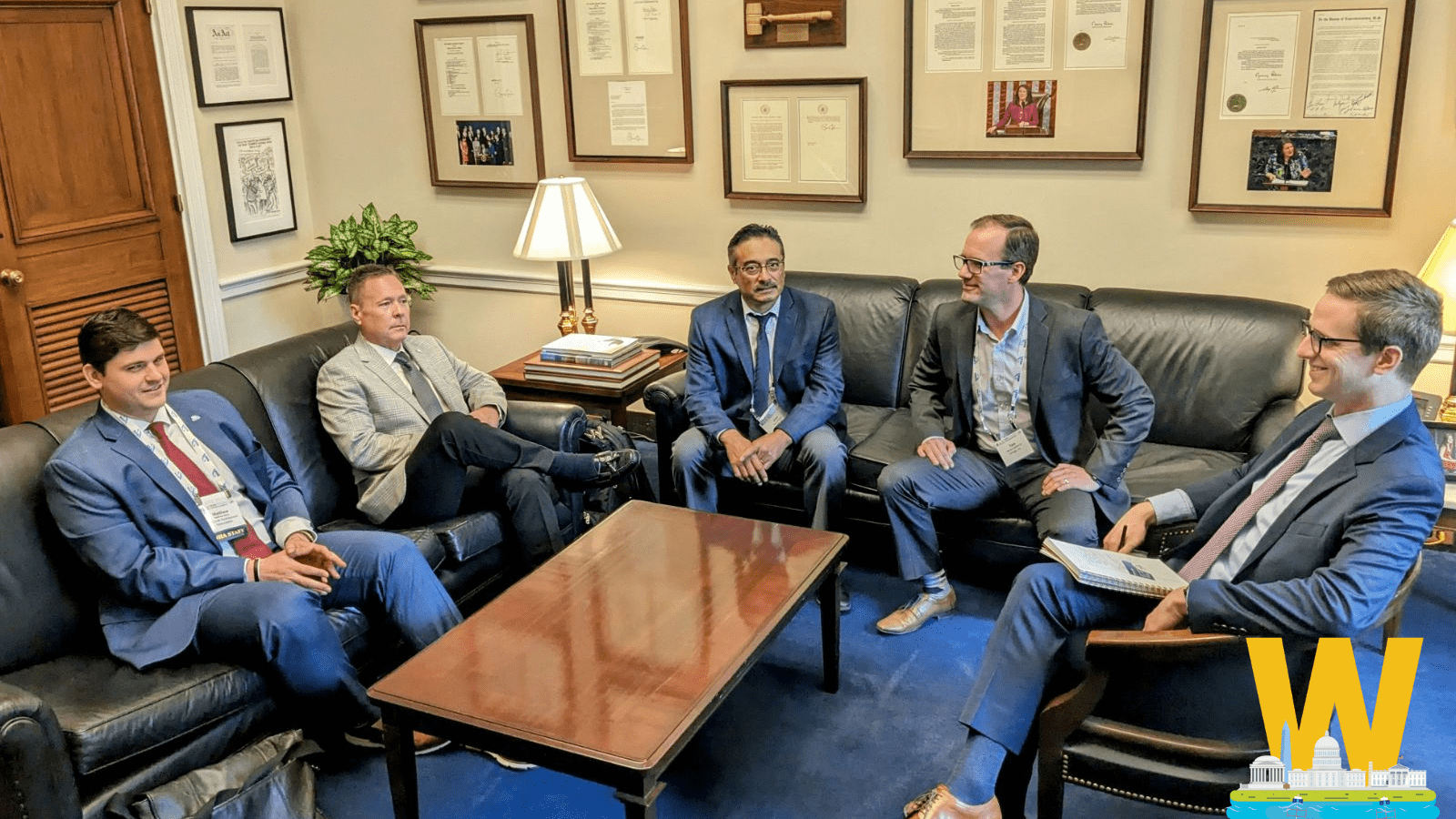
3. Make a Clear and Measurable “Ask”
Before your meeting, determine your “ask.” Examples include: ask the lawmaker to support a bill, send a letter to an agency, co-sponsor a piece of legislation, or attend an event.
No matter what your “ask” is, you should make sure you are able to deliver your message clearly and succinctly. As a general rule-of-thumb, you should utilize the five-minute rule. This means you can share your top-line points on the issue and present a viable solution in approximately five minutes.
Be proactive and provide legislators with the information they require to take actionable steps, giving them specific, measurable recommendations (i.e., vote YES on H.R.XYZ). To present your ask in a tangible manner, I suggest bringing one-pagers, visual aids, and any other supplemental “leave-behind” material.
4. Personalize Your Message
How would a specific piece of legislation impact your life, your family, or your community? Personal anecdotes can be used to explain why an issue requires action. Pointing to clear examples or sharing a personal story will make your “ask” more relatable and palatable to legislators.
Instead of spewing out facts and statistics, your job is to make the issue real and memorable for the elected official or staff person. Your Hill packets and leave-behind materials should provide all the information, figures, and statistics necessary to reinforce your messaging. Your goal is to tell your story.
5. Don’t Underestimate a Staff-Level Meeting
Legislators have incredibly busy schedules, and while they’d like to take every meeting request, the reality is that it’s not always possible. Decision-makers rely heavily on the guidance of their knowledgeable, capable, and well-informed staff.
Staffers have face-to-face communication with legislators daily, and they are responsible for keeping the wheels turning in Congress. If you’re unable to meet with the Member of Congress, know that a staff-level meeting is just as important; working directly with staff can be to your advantage, as staff are able to delve deeper into the issues and become advocates for your cause within the office.

6. Follow Up
Following the meeting, you should write a thank-you email. You will want to summarize the meeting and provide any additional or follow-up information you promised. You should also attach any leave-behind material to the email, so that the office has both a hard and an electronic copy.
If you made a specific “ask,” such as requesting that the Member of Congress co-sponsor a bill, be sure to maintain ongoing communication with the office and offer to serve as a resource for them.
7. Dress Code
Wear business attire and comfortable shoes; the halls of Congress are long, and you will likely be doing a lot of walking from office to office, especially from House to Senate buildings. Leave the Gucci pumps at home!
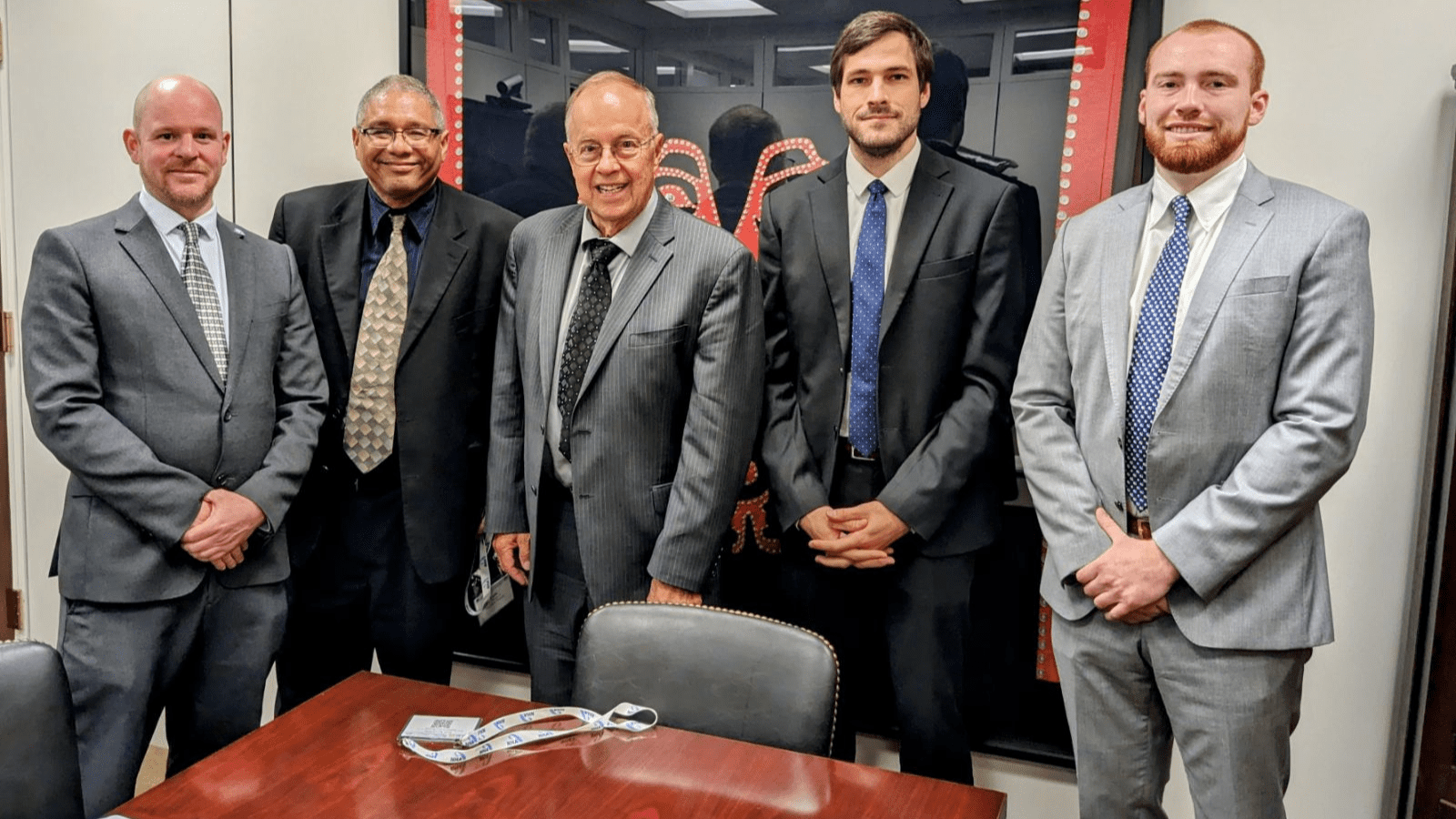
8. Be Flexible
Members of Congress are constantly in flux and their schedules are ever-changing. Meetings can be interrupted by Floor votes or cut short because of last-minute scheduling conflicts (e.g., the Treasury Secretary urgently needing to speak with the Member). Staffers may need to step in and take over the meeting, and oftentimes these meetings take place in the hall, due to limited office space. It is important that you remain flexible and utilize the five-minute rule, so that in the case that the Member of Congress does get pulled away, you can ensure you’ve covered your key points.

HOW TO PARTICIPATE IN ADVOCACY DAY
All policy begins as an idea, and it’s our responsibility as constituents to elevate those ideas to the Congressional level to inform and impact change.
The tactics laid out above are important to follow any time you are interacting with elected officials.
Hydro Advocacy Day on March 13 presents an industry-wide opportunity for those working in waterpower to inform their Congressional representatives and impact change.
Ready to participate?
Here’s how it works.
We make the appointments for you! All you have to do is indicate your interest to participate when you register for Waterpower Week.
Note: the sooner you tell us you want to participate in Advocacy Day, the sooner we can get started on arranging meetings for you!
- We will use the ZIP code you provide at the time of registration to determine the Congressional offices most relevant to you
- We will make appointments with those offices for you
- The week before the conference, we will send you your complete appointment schedule
- We will also send talking points and “leave behinds” for you to use during the appointments
Reach out to Brittney May, NHA’s legislative affairs manager, at brittney@hydro.org to learn more.
